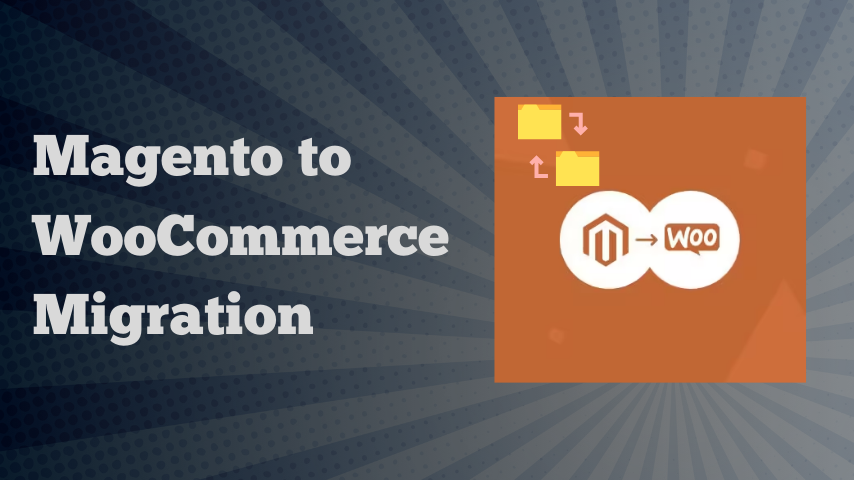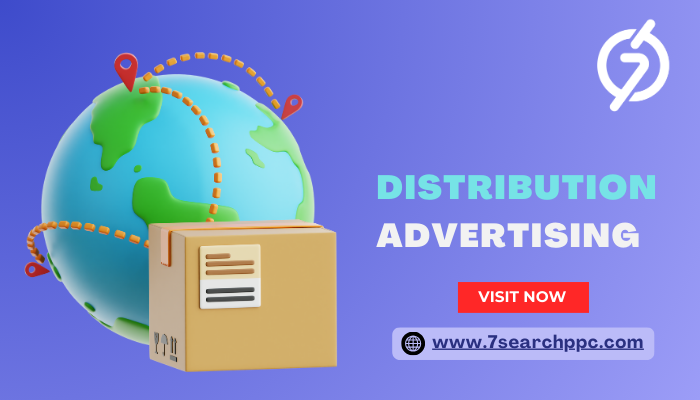When it comes to running an eCommerce business, choosing the right platform is crucial. Magento has long been a popular choice for large-scale online stores, but many businesses are now turning to WooCommerce for its flexibility, ease of use, and cost-effectiveness. Migrating from Magento to WooCommerce can bring significant benefits, whether you’re a small retailer or a growing enterprise.
In this article, we will explore why migrating from Magento to WooCommerce makes sense, highlighting key factors such as cost savings, ease of use, better scalability, and enhanced customer experience.
Why Consider Migrating from Magento to WooCommerce?
There are numerous reasons why merchants are choosing to migrate Magento to WooCommerce. Here are some of the most compelling reasons to consider this migration for your eCommerce store:
1. Lower Total Cost of Ownership (TCO)
One of the main reasons to migrate from Magento to WooCommerce is the difference in total cost of ownership. While Magento can be highly powerful and scalable, it often comes with high upfront and ongoing costs, including:
- Hosting fees (Magento requires more robust servers)
- Developer and maintenance costs (Magento often requires specialized developers)
- Extension and plugin fees
On the other hand, WooCommerce is an open-source plugin for WordPress, which reduces the need for expensive custom development and allows you to use a variety of affordable plugins. The cost of hosting for WooCommerce is also lower, especially since you can use shared hosting options in the early stages of your store.
By migrating to WooCommerce, you can save a significant amount of money in terms of both development and ongoing maintenance costs.
2. User-Friendly Interface
WooCommerce is known for its user-friendly interface, especially for those familiar with WordPress. The platform is easy to set up and manage, even for those with little to no technical experience. It offers a range of pre-designed themes, plugins, and extensions that can simplify store setup and product management.
In contrast, Magento has a steeper learning curve and often requires technical expertise for basic tasks. For many eCommerce owners, the complexity of Magento can be overwhelming, especially when it comes to maintaining the store and making updates. With WooCommerce, store owners can easily update products, manage inventory, and even handle customer inquiries, all within a streamlined dashboard.
3. Better Flexibility and Customization
While Magento is highly customizable, the process can be time-consuming and require developers who are familiar with Magento’s complex coding structure. WooCommerce also offers a high degree of customization, but it’s much easier to modify and extend. WooCommerce integrates seamlessly with WordPress, making it simple to add and customize themes, plugins, and functionality with little technical knowledge.
The ease of customization in WooCommerce allows store owners to create unique shopping experiences for their customers without the need for a lot of custom development. Plus, the vast selection of third-party extensions allows you to add almost any feature you can imagine to your store.
4. Scalability and Growth Potential
As your business grows, scalability becomes a major concern. Magento is designed for large-scale enterprises, which means it can handle high volumes of traffic and products. However, the resources required to scale a Magento store—both in terms of hosting and technical support—can be expensive.
In comparison, WooCommerce is also highly scalable, especially with the right hosting environment. WooCommerce can handle stores of all sizes, from small startups to large enterprises, without the same heavy investment in infrastructure. With WooCommerce, you have the flexibility to grow at your own pace, adding products, traffic, and advanced features without breaking the bank.
5. Better Integration with WordPress Ecosystem
Since WooCommerce is a plugin for WordPress, it seamlessly integrates with the entire WordPress ecosystem. WordPress is the most widely-used CMS (content management system) in the world, and it offers a plethora of tools and plugins for SEO, security, marketing, and content creation. By migrating to WooCommerce, you can take advantage of WordPress’s robust features and expand your store’s functionality in ways that Magento simply can’t match.
Whether you want to improve your SEO with plugins like Yoast SEO, enhance security with Wordfence, or integrate with social media platforms, WooCommerce offers easy access to the tools and integrations that can help your business succeed.
6. Stronger SEO Capabilities
SEO is critical for driving organic traffic to your eCommerce store. Both Magento and WooCommerce offer SEO-friendly features, but WooCommerce benefits from its integration with WordPress, which is known for being SEO-friendly. WooCommerce, when paired with the right plugins, can give you complete control over your store’s SEO strategy.
With WooCommerce, you can use tools like Yoast SEO to optimize product pages, improve URL structure, manage metadata, and more. This gives you a competitive advantage in search rankings, making it easier for customers to find your store.
7. Wide Range of Payment Gateways
Both Magento and WooCommerce support a wide variety of payment gateways, but WooCommerce makes it easier to integrate these gateways. WooCommerce supports all major payment methods, including PayPal, Stripe, credit cards, and more, directly out of the box. It also offers an array of payment gateway extensions to integrate with services specific to your region or business model.
Magento, while it offers numerous payment gateway options, often requires more customization to integrate them. This can add complexity and cost to the migration process.
8. Active Community and Support
Both Magento and WooCommerce have strong communities, but WooCommerce benefits from the massive WordPress ecosystem. There are thousands of developers, designers, and support staff who are experts in WooCommerce and WordPress, making it easy to find help when needed. Plus, the availability of countless tutorials, forums, and resources makes it easier for store owners to solve problems on their own.
Magento’s community is also large but tends to be more focused on enterprise-level businesses. For small-to-medium-sized store owners, WooCommerce offers a broader and more accessible support network.
Conclusion
Migrating from Magento to WooCommerce offers numerous advantages for store owners looking for a more cost-effective, flexible, and user-friendly eCommerce solution. Whether you’re looking to reduce ongoing costs, take advantage of better SEO and integrations, or scale your business more efficiently, WooCommerce provides the tools and resources needed to succeed in today’s competitive online marketplace.



